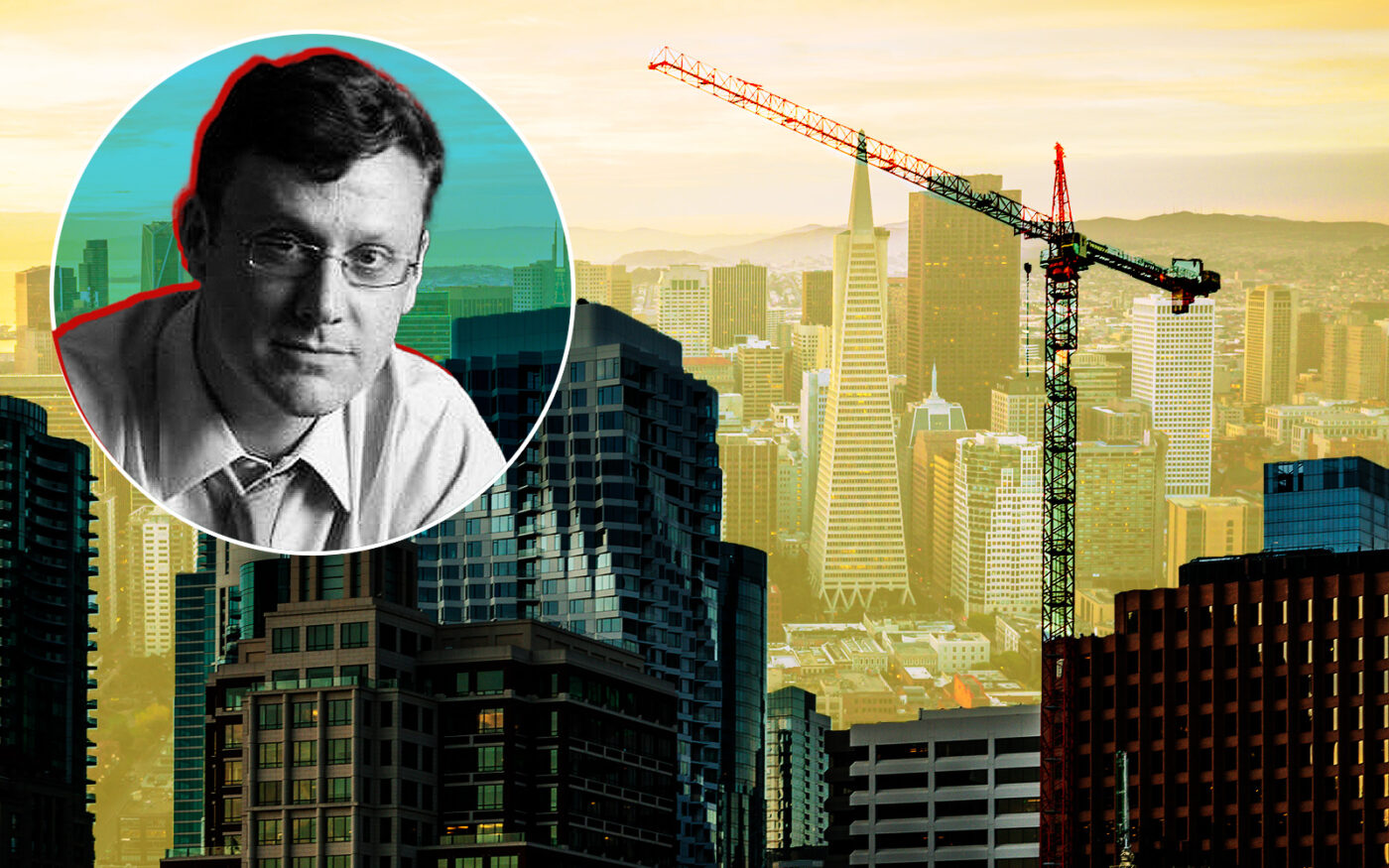Developing housing in San Francisco under the current affordability requirements is “infeasible” according to a new report from the city’s Controller’s Office, which recommends cutting the inclusionary zoning requirements for new developments down to as low as half its current levels.
In San Francisco, developers have the option of building affordable units onsite, locating them elsewhere in the city or contributing an in-lieu fee to the city’s affordable housing fund. All scenarios are infeasible, according to the report, at the current levels of 21.5 percent or 23.5 percent affordable for onsite apartments or condominiums, respectively, and 30 percent and 33 percent requirements for off-site and in-lieu fees.
Even utilizing the state’s density bonus did not make development feasible, the study found.
If adopted, the recommendations — which will be presented to an inclusionary zoning technical advisory committee on Friday — would drop the onsite requirement to the 12 to 16 percent range, and in-lieu fee percentages to between 22 and 29 percent.
The eight-member committee was appointed by the Board of Supervisors and Mayor London Breed and is made up of market-rate developers, real estate investors and nonprofit housing leaders. A majority would have to approve the recommendations in order to move them forward to the board for approval.
Even with the reduced requirements, high-rise condominiums above eight stories and all apartment developments are still infeasible, according to the report. But some condo developments below eight stories “should be feasible with these reduced requirements.” Lowering the inclusionary zoning to the bottom end of the recommended range would allow for more mid-rise buildings, while the higher end would likely only make low-rise buildings more feasible.
The committee recommended the change for new developments and advised “decision-makers” to consider making them applicable to currently entitled projects for a “limited period of time.” It also recommended that the new lower rates stay in place until 2026, and asked the technical advisory committee to stay on rather than disbanding after the recommendations move on to the board to be able to adjust rates again before that time “if market conditions warrant.”
In addition to the inclusionary requirements, it also recommended that the city examine its fees and pay schedule to see if more changes could help increase feasibility as well.
Developers have said that inclusionary zoning requirements and fees need to come down if San Francisco wants to meet its state-mandated housing element goals of building 82,000 new homes in the next eight years as lending tightens and construction costs in the city are the highest in the world. The city also has a mandatory goal of making 46,000 of those homes affordable to moderate and low-income households and it’s unclear how lowering inclusionary requirements would impact that goal.
A feasibility study last fall on Breed’s Cars to Casas legislation also found that building housing in the city under current regulations is infeasible and Housing Action Coalition Executive Director Corey Smith posted on Twitter that the new recommendations from the Controller’s Office do not go far enough to help the city “reverse course” and create more housing.
“Adjusting a single number in the overall cost formula isn’t going to produce the results we need,” he tweeted on Wednesday. “Rising construction costs, higher interest rates, excessive fees and a cumbersome process has driven many builders out of SF.”
Read more



